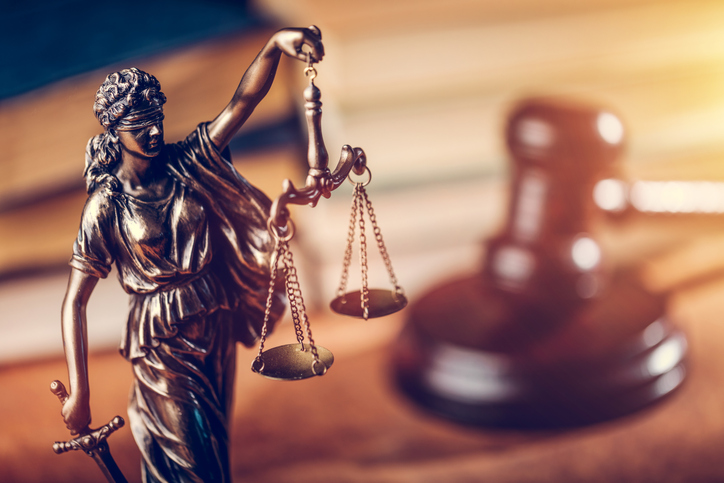Class action lawsuits represent a fascinating facet of the legal landscape, one that empowers individuals to band together against larger entities. This collective approach can transform the playing field, especially when confronting powerful corporations or institutions accused of wrongdoing. In a world where injustices often feel overwhelming and insurmountable, class actions provide a beacon of hope, allowing groups—often numbering in the thousands—to pursue justice for claims that might otherwise go unchallenged.
From consumer fraud to environmental disasters, employment discrimination to securities fraud, the variety within class action lawsuits is as diverse as the circumstances that give rise to them. Each type brings its own unique challenges and rewards, creating a dynamic interplay between law, society, and the pursuit of equitable solutions. In this article, we will delve into the different types of class action lawsuits, exploring their distinct characteristics and the critical roles they play in advocating for collective rights.
Consumer Class Actions

Consumer class actions serve as a powerful tool for individuals facing injustices in the marketplace, uniting the grievances of many against corporations or entities that violate consumer rights. Often precipitated by issues such as false advertising, defective products, or unfair business practices, these lawsuits empower consumers—who might otherwise feel powerless against large corporations—to band together and seek redress.
Imagine a tiny voice amidst a cacophony; alone, it may be ignored, but when amplified into a chorus, it commands attention. The sheer number of affected individuals can magnify the impact of the lawsuit, leading to substantial settlements or changes in corporate behavior.
However, navigating the complexities of these legal battles can be daunting, with varied outcomes that hinge on jurisdiction, the specifics of the case, and the tenacity of litigation. In this landscape, every consumers story becomes integral, revealing not just individual grievances but also larger trends that may affect an entire industry.
Employment Class Actions

Employment class actions emerge when a group of employees band together to challenge unlawful employment practices, often targeting issues like wage theft, discrimination, or unsafe working conditions. Imagine a sea of workers, whose voices collectively rise against a common employer, illuminating grievances that might otherwise go unheard.
These lawsuits can encompass vast numbers of employees and span various claims, from misclassification of workers to systemic harassment. For instance, a single case might reveal entrenched patterns of discrimination affecting hundreds, if not thousands, of individuals.
The power of these class actions lies in their ability to level the playing field, allowing employees to fight back against corporate giants that might otherwise dismiss individual claims. Ultimately, when the odds seem stacked against them, these united fronts serve not just as legal remedies but also as catalysts for broader policy changes within the workplace.
Securities Class Actions

Securities class actions represent a compelling intersection of financial markets and legal accountability, emerging primarily when investors are led to believe they’ve been misled or defrauded by the companies in which they hold shares. These lawsuits often arise from allegations of misleading financial statements, insider trading, or violations of securities regulations that damage the stock value, leaving shareholders grappling with substantial losses.
In the aftermath of high-profile corporate scandals, such as Enron or WorldCom, these cases serve as a critical mechanism for group redress, allowing potentially thousands of individual investors to band together to pursue justice against powerful corporations.
The complexities inherent in securities class actions are striking; they require meticulous examination of corporate documents, rigorous statistical analyses of stock price movements, and a nuanced understanding of the ever-evolving securities laws. Ultimately, the outcome can not only restore some measure of financial stability for the affected investors but also foster a culture of transparency and accountability in the corporate sector.
Conclusion
In conclusion, class action lawsuits serve as a vital mechanism for holding corporations and entities accountable for widespread harm, enabling individuals to band together in pursuit of justice when they might feel powerless alone. By understanding the various types of class action lawsuits—from consumer fraud to employment discrimination—individuals can better navigate their rights and the legal landscape.
Notably, firms like Pogust Goodhead, specialize in class action cases, play an essential role in advocating for affected individuals and driving systemic change. As awareness of these legal remedies grows, so too does the potential for individuals to seek redress for grievances that impact large groups, reinforcing the importance of teamwork in the pursuit of justice.


